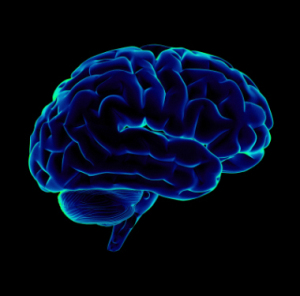by
Loren Bonner, DOTmed News Online Editor | January 02, 2013
A new study in Neurology, the journal of the American Academy of Neurology, finds that MRI imaging could add to the mix of tools to help dementia researchers predict pathological diagnosis and ultimately understand Alzheimer's disease and related dementias better.
Typically, MRI has been used as a qualitative tool to observe whether or not there is evidence of brain degeneration. But in this study, researchers from the Perelman School of Medicine at the University of Pennsylvania proved that MRI can also be a quantitative tool, as they predict protein levels in the brain that distinguish between Alzheimer's disease and frontotemporal degeneration.
Using a method derived from ratios of two biomarkers for the disease — total tau and beta-amyloid — researchers found MRI scans predicted the biomarker ratio accurately in 75 percent of patients who had the pathology and in clinically diagnosed patients with known biomarker levels.



Ad Statistics
Times Displayed: 174715
Times Visited: 3186 For those who need to move fast and expand clinical capabilities -- and would love new equipment -- the uCT 550 Advance offers a new fully configured 80-slice CT in up to 2 weeks with routine maintenance and parts and Software Upgrades for Life™ included.
"Our predicted biomarker ratio was very highly correlated with the biomarker ratio measured using cerebrospinal fluid," Dr. Corey McMillan, lead author of the study, told DOTmed News by e-mail.
Normally, these two proteins are analyzed in a cerebrospinal fluid sample from patients with an invasive and possibly painful lumbar-puncture procedure in order to distinguish between Alzheimer's disease and frontotemporal degeneration.
Although McMillan said the lumbar puncture may be required to more precisely evaluate the remaining 25 percent of borderline cases, the study results certainly suggest that MRI may be used as a non-invasive tool to screen patients for proteins that are known to cause their dementia.
In addition, McMillan said this approach might be most well-suited in the context of clinical trials, where it's critical to improve the diagnosis of Alzheimer's disease and frontotemporal dementia as disease-modifying agents emerge for clinical trials.
"This MRI approach of predicting protein levels in the brain may potentially provide a method for measuring drug efficacy, rather than repeated lumbar punctures," said McMillan.

